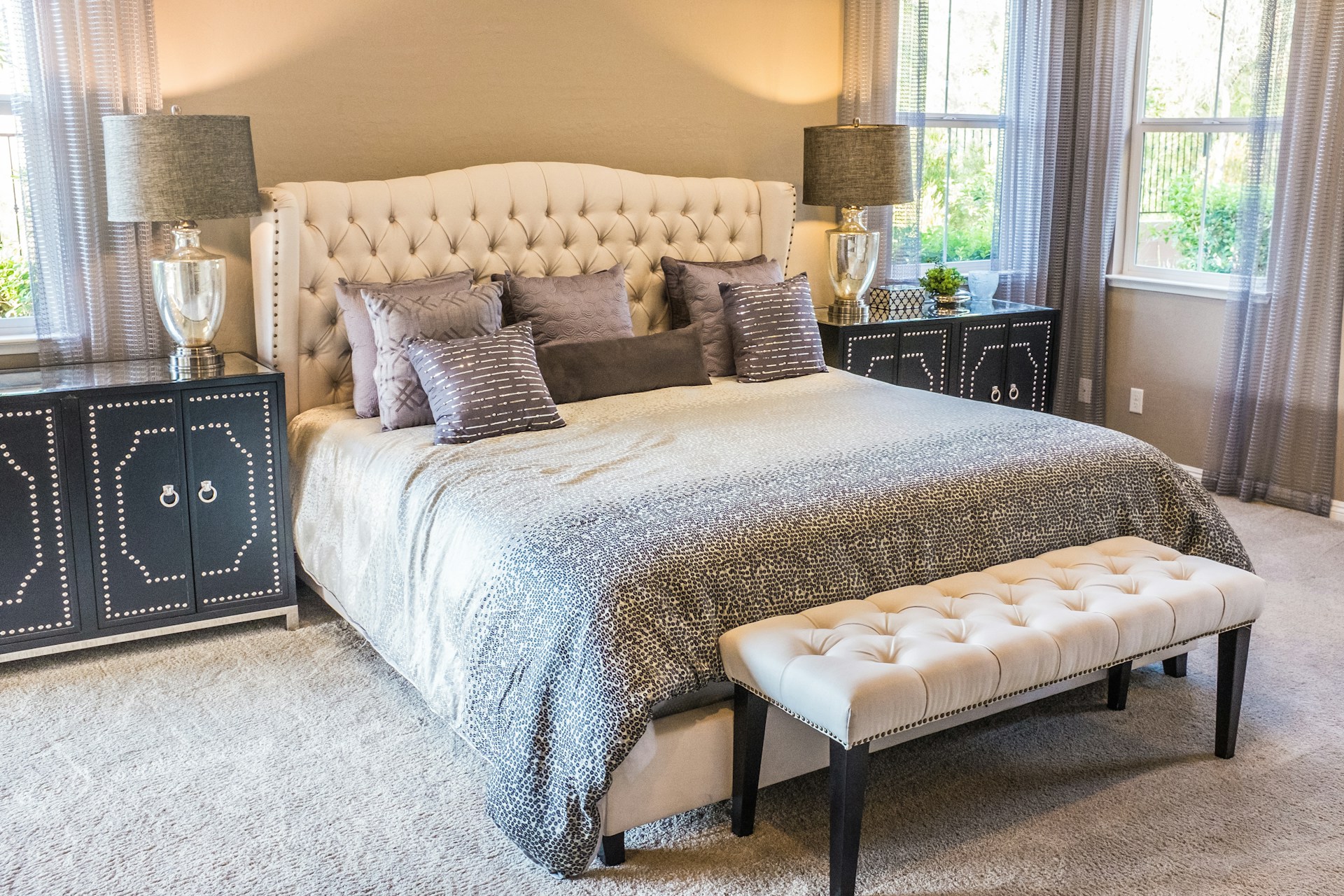Lifestyle
Sleeping Better at 50: Understanding and Addressing Age-Related Sleep Challenges

As we age, our sleeping patterns tend to alter. We may experience a reduced sleep duration, less deep sleep, and find ourselves waking up more frequently at night. Even so, healthy older adults often report fewer sleep problems than younger people, highlighting that it’s not all doom and gloom. Even if 70 percent of people above 40 have reported sleep issues, only 20 percent of boomers have admitted to having difficulty getting up in the morning, according to a study done by Saatva.
Sleeping Resilience and Changing Expectations
Michael Grandner, a clinical psychologist and director of the Sleep and Health Research Program at the University of Arizona, puts forth a possible explanation for this difference: “Part of it might be resilience; part of it might be changing expectations; part of it might be perspective and ability to cope.”
However, if you’re over 50 and struggling with sleep issues, don’t dismiss it as a sign of aging. It might indicate a medical condition requiring treatment.
Grandner adds, “But if it is actually becoming a real problem, don’t let your doctor just say, ‘Eh, this is just part of aging.’ There might be a solution for this.”
Conditions Which May Lead to Poor Sleep
One common condition is sleep apnea. This often overlooked condition can cause you to stop breathing periodically throughout the night. The Cleveland Clinic states that sleep apnea affects approximately 17 percent of men and 9 percent of women aged 50 to 70, making it a common issue for older adults.
Should you find yourself consistently feeling unrefreshed despite seemingly adequate sleep, it could well be sleep apnea affecting your sleep quality.
Overlooking Sleep Disorders
Shelby Harris, a board-certified clinical psychologist in behavioral sleep medicine and clinical associate professor at Albert Einstein College of Medicine, warns against neglecting sleep disorders, “A lot of times, this kind of thinking — that something else is causing the sleep issue— only delays treatment for the sleep problem, when treating the sleep issue first can often resolve other issues.”
Sleep apnea, notably, can be managed with Positive Airway Pressure (PAP) devices, which maintain air pressure in the throat to prevent it from collapsing.
Navigating the complex world of sleep issues as we age can seem daunting, but it’s essential to remember that restful nights are still within our grasp. If you’re experiencing problematic sleep, it’s not a matter to take lightly or brush off as a simple side effect of aging. Take charge of your health, and remember — you’re not just getting older, you’re getting better. And getting better includes getting the quality sleep you deserve.
Let us know what you think, please share your thoughts in the comments below.
